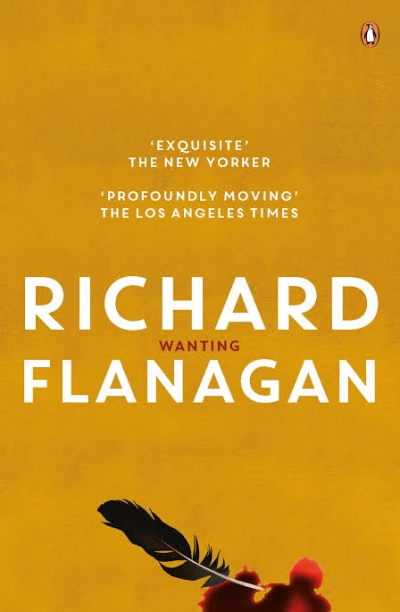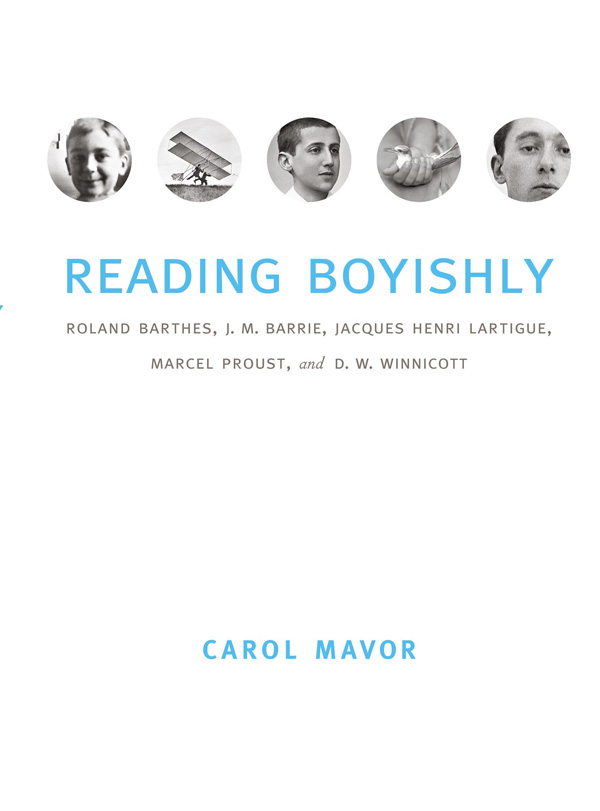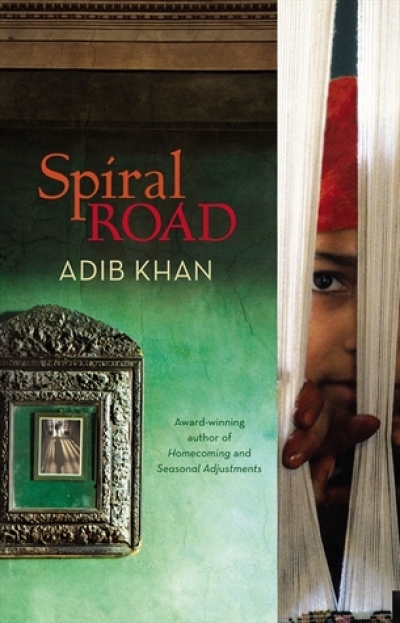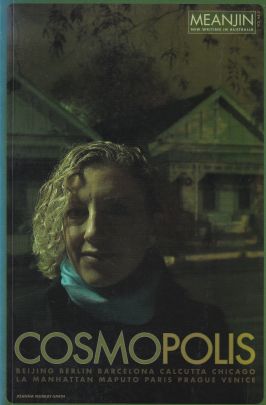Geordie Williamson
Reading Boyishly: Roland Barthes, J.M. Barrie, Jacques Henri Lartigue, Marcel Proust and D.W. Winnicott by Carol Mavor
Dennis Altman
In any given year we will read but a tiny handful of potential ‘best books’, so this is no more than a personal selection. Here are two novels that stand out: Stephen Eldred-Grigg’s Shanghai Boy (Vintage) and Hari Kunzru’s Tranmission (Penguin). Both speak of the confusion of identity and emotions caused by rapid displacement across the world. The first is the account of a middle-aged New Zealand teacher who falls disastrously in love while teaching in Shanghai. Transmission takes a naïve young Indian computer programmer to the United States, with remarkable consequences. From a number of political books, let me select two, both from my own publisher, Scribe, which offers, I regret, no kickbacks. One is George Megalogenis’s The Longest Decade; the other, James Carroll’s House of War. Together they provide a depressing but challenging backdrop to understanding the current impasse of the Bush–Howard administrations in Iraq.
... (read more)







